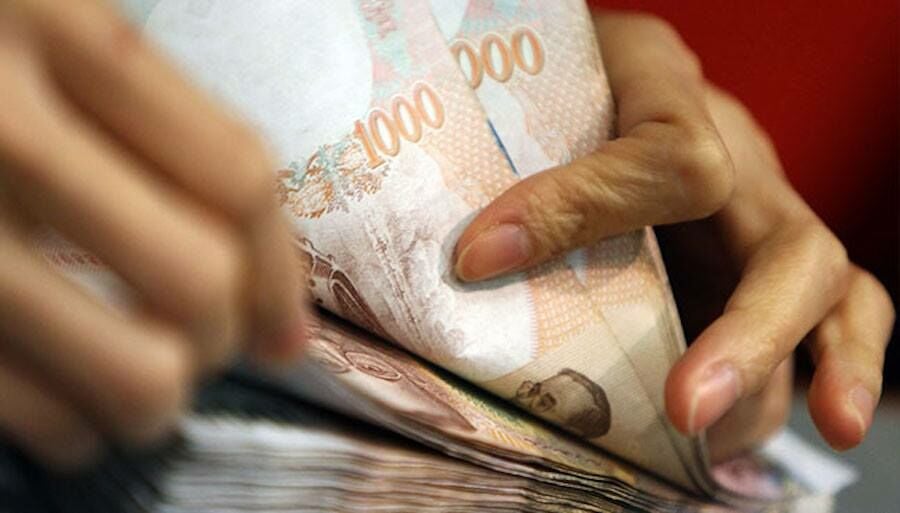Thai bond defaults to stay below 1% in Q2, predicts ThaiBMA

The Thai Bond Market Association (ThaiBMA) forecasted a low probability of bond defaults in the forthcoming second quarter, with the total default value expected to fall below 1% of the entire outstanding market value.
Ariya Tiranaprakit, Executive Vice President of ThaiBMA, revealed that the trend of deferring bond payments gained traction in the aftermath of the pandemic, largely induced by the escalating interest rates over the past three years. Nonetheless, she reassures that systemic risk remains minimal as the vast majority of the deferments fall within the high-yield bond group, with only isolated incidents of fraudulent practices or window dressing, Ariya stated.
“Many of the companies facing obstacles have requested an extension of their payment terms and a reduction in interest from their creditors. I am confident that these businesses can recover and ultimately fulfil their payment responsibilities.”
This year, approximately 690 billion baht worth of bonds are expected to mature, with over 250 billion scheduled for the second quarter. Ariya predicts that most companies, in particular large corporations with investment credit-rated bonds, will likely refinance their debts in April.
“By issuing bonds, companies can secure fixed interest expenses.
“Such businesses will still have the option to borrow from financial institutions at floating interest rates during periods when the yield curve spikes. Companies can then compare financial costs to select the more economical option.”
Outstanding bonds
The association projects that this year’s fundraising via corporate bonds will amount to between 900 billion and 1 trillion baht. As of March, the market’s outstanding bonds totalled 17 trillion baht, an increase of 3% from the end of 2023, mostly composed of bonds issued by the government and the Bank of Thailand.
Corporate long-term bonds amounted to 207 billion baht, a 1% drop year-on-year, with 93% qualifying as investment-grade bonds. The three dominant sectors for issuance comprised property, finance, and food and beverage.
A survey conducted by ThaiBMA among its members revealed that the majority anticipate two rate cuts by the Bank of Thailand, beginning in June, which would reduce the policy rate to 2% by year’s end, a decrease from the current 2.5%.
Survey respondents predict that the five-year and 10-year Thai bond yields will drop by an average of 5-10 basis points (bps) from the first quarter, resulting in 2.13% and 2.44% respectively by year-end, said ThaiBMA president Somjin Sornpaisarn.
“The key factors that will influence bond yields in the future include the interest rate trajectories of leading economies and the economic landscape of Thailand.”
According to the association’s report, the five-year corporate bond yield curve in the AAA-A rating group saw a decline of 15-21 bps from the same period in 2023 during the first quarter. Bonds rated BBB+ and BBB rose to 4.68% and 5.46% respectively, reflecting the trend of risk-averse investors shifting to equity.
Foreign investors sold off 34.3 billion baht in the Thai bond market during this period, although they still hold bonds worth 900 billion baht. The average remaining maturity of the bonds held by foreigners has increased to 8.8 years, up from 8.6 years at the end of 2023. Foreign net selling last year surpassed 80 billion baht.
Latest Thailand News
Follow The Thaiger on Google News:


























